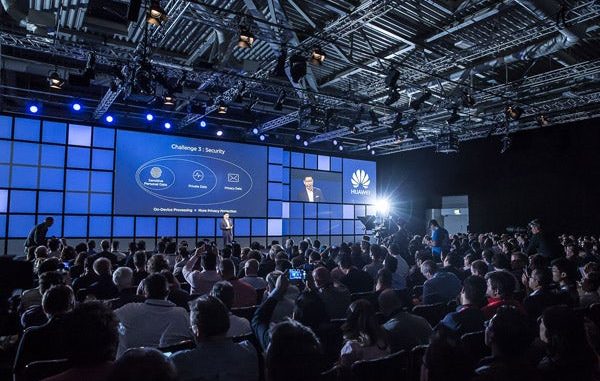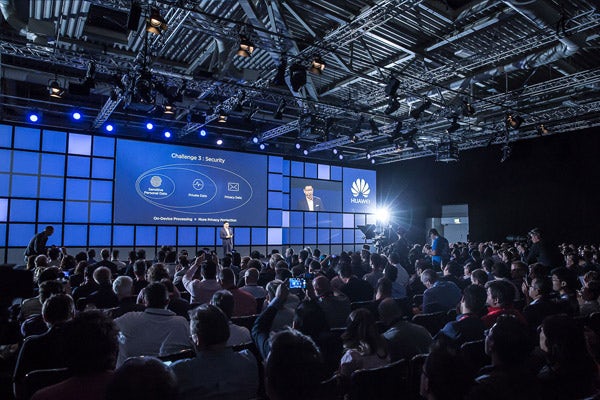
The brains of most handsets are a GPU and a CPU for providing graphical grunt and processing information, respectively. But with its next handsets, Huawei is seeking to pack a 3rd kind of processor in there, which it dubs a NPU (Neural Processing Unit). The Kirin 970, the new flagship chip of the company, will comprise a devoted AI processor, and delegate some of the task to the cloud.
Artificial intelligence is quick turning out to be a key fraction of computing, since algorithms of machine learning are capable of sorting through data and recognizing objects more fast than any human ever might. The tech is already beginning to come into mobile devices. The next generation of Snapdragon for Qualcomm chips will comprise a Neural Processing Engine SDK to permit developers to start being operational with AI. Microsoft has declared that the HoloLens, the user version of its AR headset, will sport an AI co-processor.

Huawei at IFA declared that it is following a suit. The Kirin 970 sports a heavy 12-core GPU and an 8-core CPU, and is made on a 10-nm structural design that clutches some 5.5 Billion transistors into every square centimeter. Those are decent specifications for a fresh mobile chip, but the main aspect is the NPU, which was capable of processing 2,000 pictures each minute in a standard image recognition examination.
Huawei claims that this makes the Kirin 50x more energy competent and 970 25x faster than a Cortex-A73 quad-core cluster, which it utilized as the mass of the 8-core CPU for Mate 9. As the sensors in a handset can make a lot of information in real-time, the NPU of the chip will drive the data burden between AI in the cloud and on-device.
“Huawei is pledged to designing smart gadgets into intelligent gadgets by making end-to-end abilities that back synchronized development of devices, chips, and the cloud,” claims CEO of Huawei, Richard Yu, to the media in an interview. “The final aim is to offer a considerably improved user experience. The Kirin 970 is the first in a range of fresh enhancements that will bring influential AI features to our gadgets and take them further than the rivalry.”
